This is the members only edition of Future Crunch, a weekly roundup of good news, mindblowing science, and the best bits of the internet (not necessarily in that order). One third of your subscription fee goes to charity.
Good news you probably didn't hear about
Botswana may become the first African country to eliminate mother-to-child HIV transmission after a ‘ground-breaking’ drop in rates from 40% in 1999 to 1% in 2021. It’s astonishing progress for the county that used to have the highest rate of HIV in the world and is thanks to an increase in testing rates and access to antiretroviral therapy. Guardian
When a newborn baby tests HIV negative, we’re very much part of this victory against the virus. We celebrate the news with the mother and are celebrated by the community for the role we do.
Dr Kaite Mashini, Central District’s Health Team, Botswana
After 45 years of public health efforts, Niger is on the verge of becoming the first country in Africa to end onchocerciasis, also known as river blindness. The fight against the disease gained momentum in the 1990s thanks to mass administration of the drug Mectizan. Gates Foundation
A top court in Slovenia has ruled that imposing bans on same-sex couples getting married and adopting children is unconstitutional and has ordered its parliament to amend the law within six months. The ruling makes Slovenia the 18th European country and 31st country worldwide to legalize same-sex marriage. Gay Times
Despite the financial turbulence of the past year, The World Bank's Global Findex Database 2021 has offered some positive news on the growth of account ownership and uptake of financial services. Some highlights:
- Account ownership in developing economies increased from 63% to 71%.
- The gender gap in account ownership narrowed for the first time in the last decade, decreasing in developing countries by 3%.
- The pandemic accelerated digital adoption of financial services with around 720 million adults in developing economies making a digital merchant payment for the first time.
- Around half of adults in developing economies can now access emergency money within 30 days if faced with an unexpected expense.
Abortion legislation across Africa is slowly becoming more progressive, with Tunisia, South Africa, Cape Verde, Mozambique, and Benin all legalising abortions and Sierra Leone now on the cusp of partial legalisation. The city of Lagos, home to 15 million people, is also pioneering plans to offer abortions in public hospitals. DW
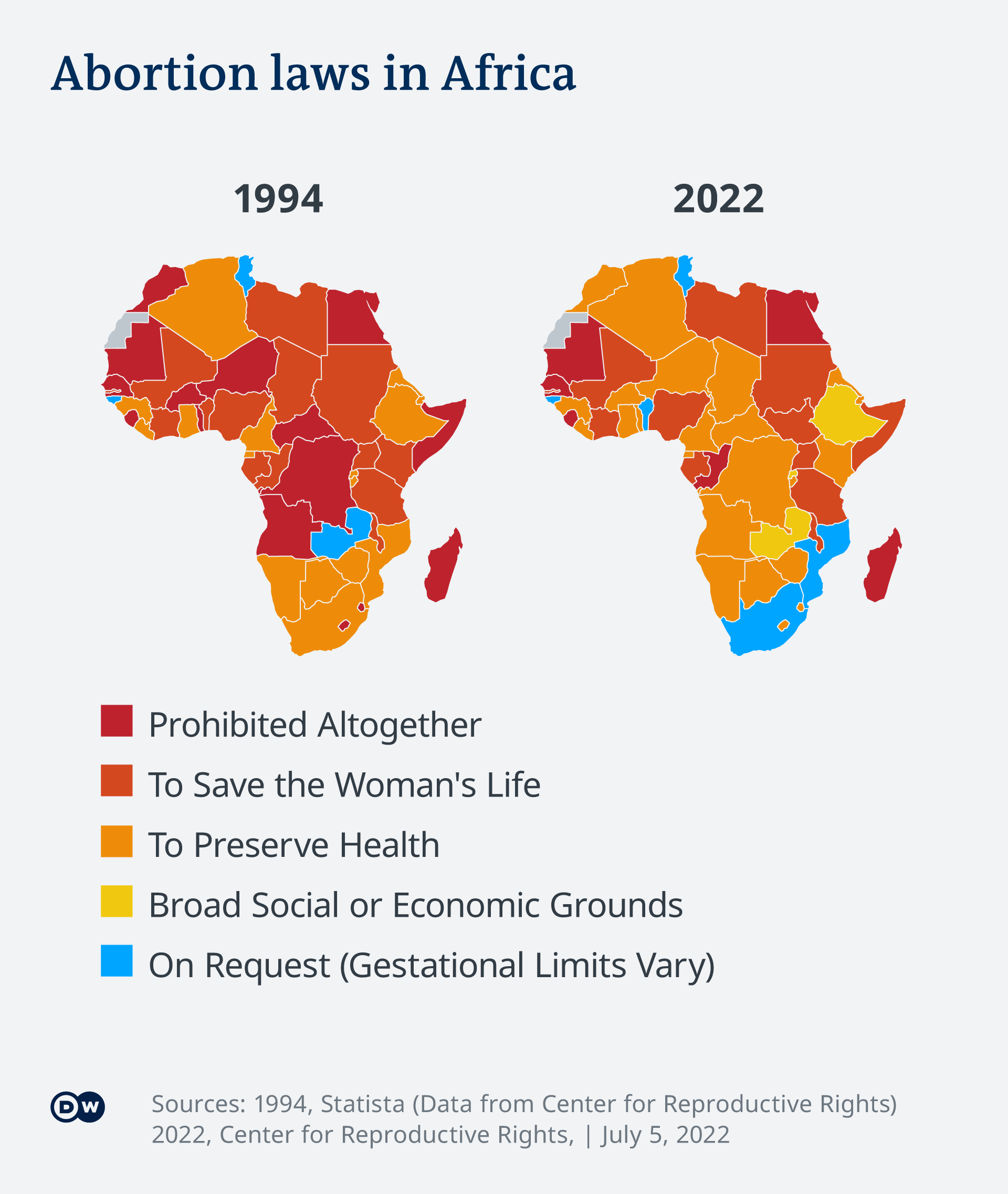
Doctors in the UK say we could see a cure for haemophilia B happen with the next few years, after a successful trial of a 'transformational' therapy consisting of an engineered virus that corrects the genetic defect that leaves people's blood struggling to clot. 9 out of 10 patients who took part in the trial no longer needed clotting injections. BBC
Bill Gates has given the Gates Foundation another $20 billion and reiterated his pledge to give away “virtually all of my wealth” and drop off the world’s wealthiest people list. The foundation has played a key role in creating Gavi, the Vaccine Alliance that helped vaccinate nearly 1.2 billion people in developing countries against COVID, polio and measles. Fortune
I have an obligation to return my resources to society in ways that have the greatest impact for reducing suffering and improving lives. And I hope others in positions of great wealth and privilege will step up in this moment too.
Saving the world is cheaper than ruining it
A new study has shown the global oil and gas industry has extracted $2.8 billion in profits from humanity every day for the last 50 years. That's an insane amount of money - you can buy every politician in the world with that. The recent collapse of Build Back Better in the US is just the latest example of how the industry continues to wield that kind of power.
So what comes next? Well, if this part of the newsletter has a consistent message, it's that when it comes to solving climate change, politics is overrated, and technology and economics are underrated. As Noah Smith points out, climate activists keep on insisting we can't rely on technology to save us, even as hard-working technologists continue to save us.
Case in point: the Supreme Court's ruling on the EPA's ability to regulate emissions has come too late for Joe Manchin and friends. S&P, a financial services firm, estimates 145 GW of coal capacity will retire in the US this decade, with coal’s share falling from the current 22% to 5% in 2030. Thanks technology. EE News
And despite supply chain challenges, the US energy transition continues to accelerate: renewables have generated at least 25% of electricity on 59 days this year – versus just three times in 2019. As of the 15th June, wind, solar and hydro have generated 23% of US electricity, topping both coal and nuclear. IEEFA
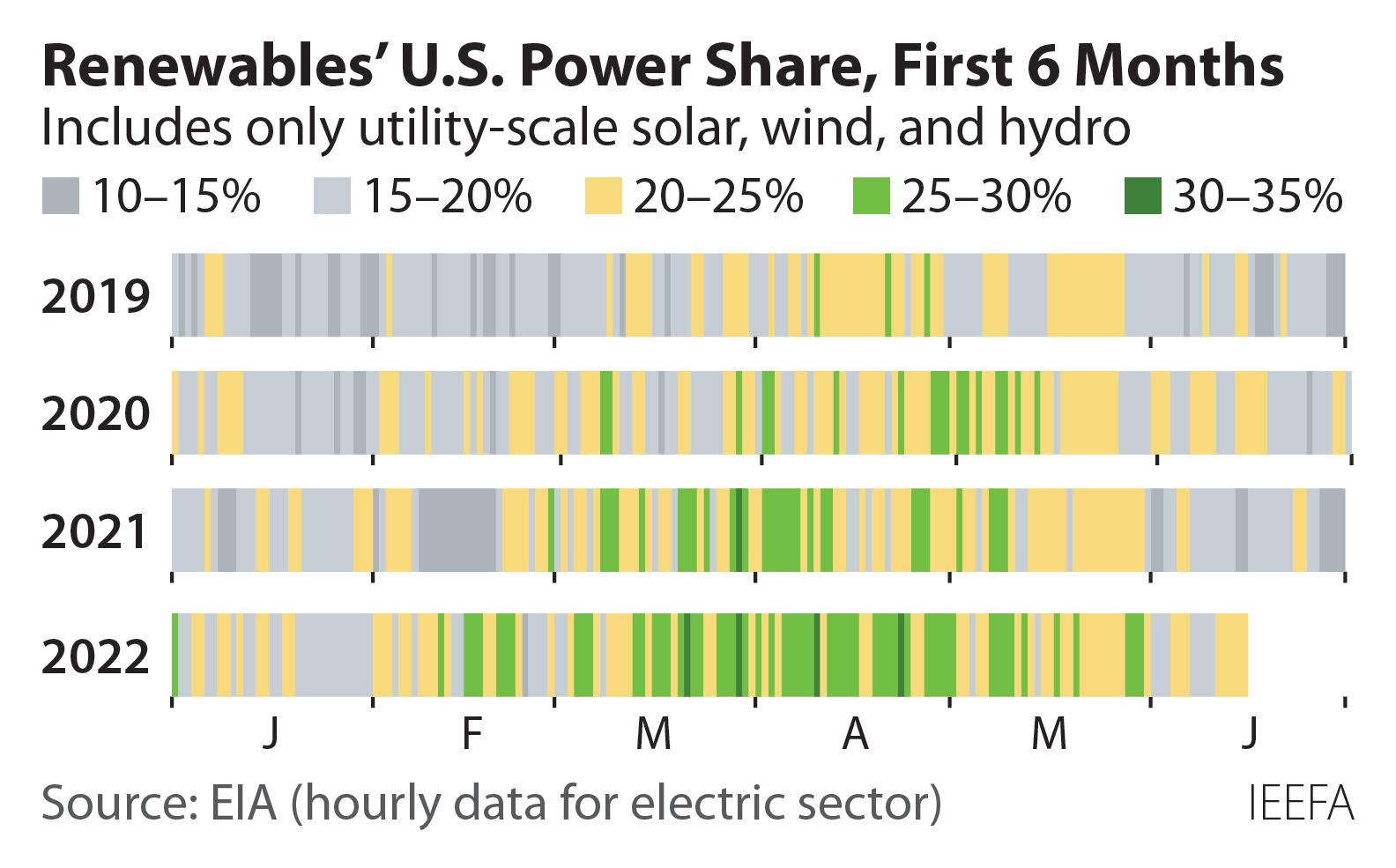
Technology is the reason the Texan grid hasn't collapsed yet. “We’ve got twice the solar we had last summer, and something like three times what we had eighteen months ago.” And that's just the beginning. By next July, Texas will have around twice as much solar, and almost three times more batteries. NRDC
In Colorado, state utilities say they're ahead of their 2030 target of an 80% reduction in power sector emissions. “We’re showing that states can be innovative and lead on the electricity transition, even states in the western US that are major producer of oil and gas and have historically made very heavy use of coal." EE News
It's not just power generation. Bloomberg says EV sales have crossed the 5% tipping point in America, and is now predicting a quarter of all new cars will be electric by 2025, several years earlier than expected. Reminder: transportation is responsible for more emissions than electricity in the US.
And guess which states have had the highest EV growth since 2014?? California and New York aren't even in the top five. Leading the pack is Mississippi, followed by Hawaii, Utah, Maryland and Wyoming. Climate change might be partisan, but buying a better car is as American as apple pie. Deseret
That's why the car companies aren't waiting around for the politicians to get their act into gear. Ford just cut 8,000 jobs from its ICE operations to fund further investments into EVs, and says it's on track to hit annual EV production of 600,000 by 2023, and over two million by 2026. "We are putting the industrial system in place to scale quickly."
All is not lost for grassroot organising however! Especially when it comes to divestment. The AFT is the second largest teacher's union in the US, with 1.7 million members, whose combined pensions are worth $5.8 trillion, as large as the federal budget. $255 billion used to be invested in fossil fuel corporations, until this week.
And finally, remember that America only accounts for around 13% of global emissions. The failure of Build Back Better has received endless coverage in English language media - unlike China's announcement of 570GW of wind and solar in its latest Five Year Plan. That's 10X Africa, 1X Asia (excluding China) 1X the EU, 1X North America and 2X South America... all by 2025. Carbon Brief
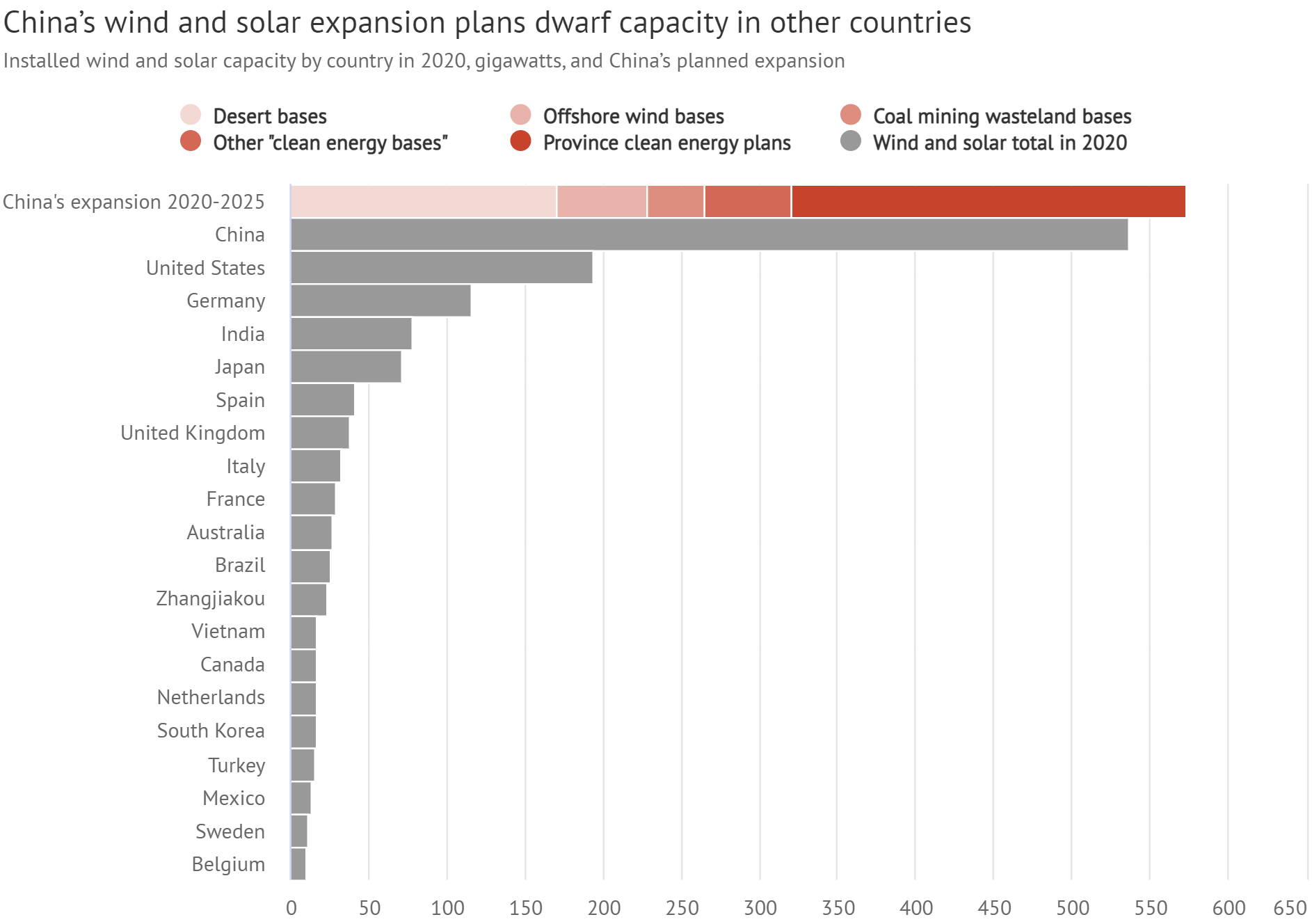
The only home we've ever known
In a landmark decision, the EU has banned the imports of crops using two bee-killing, neonicotinoid pesticides. The ban follows a report from the EFSA identifying 'high acute risk' to honeybees from certain neonicotinoid chemicals and the moratorium will commence before December this year. Eco Watch
38,052 acres of private timberlands in Montana have become part of the Lost Trail Conservation Area. The easement is a critical puzzle piece in the Lost Trail project, that will protect 100,000 acres of ecologically rich habitat, critical for grizzly bears and Canada lynx. Flat Head Beacon
The population of Atlantic cod is showing signs of a comeback thanks to strict catch limits imposed in New England, where the fish was central to building the region’s economy. The 'class of ‘2019' includes at least a million young fish - with three or four more like it, cod could follow in the steps of haddock, a close relative, which recovered 15 years ago. The Public's Radio
A reforestation program in Burundi is restoring communities as well as nature with formerly warring factions working together to help boost the country’s forests. The initiative launched in 2018 after a brutal civil war, and in just four years has planted 150 million trees across 50,000 hectares. Mongabay
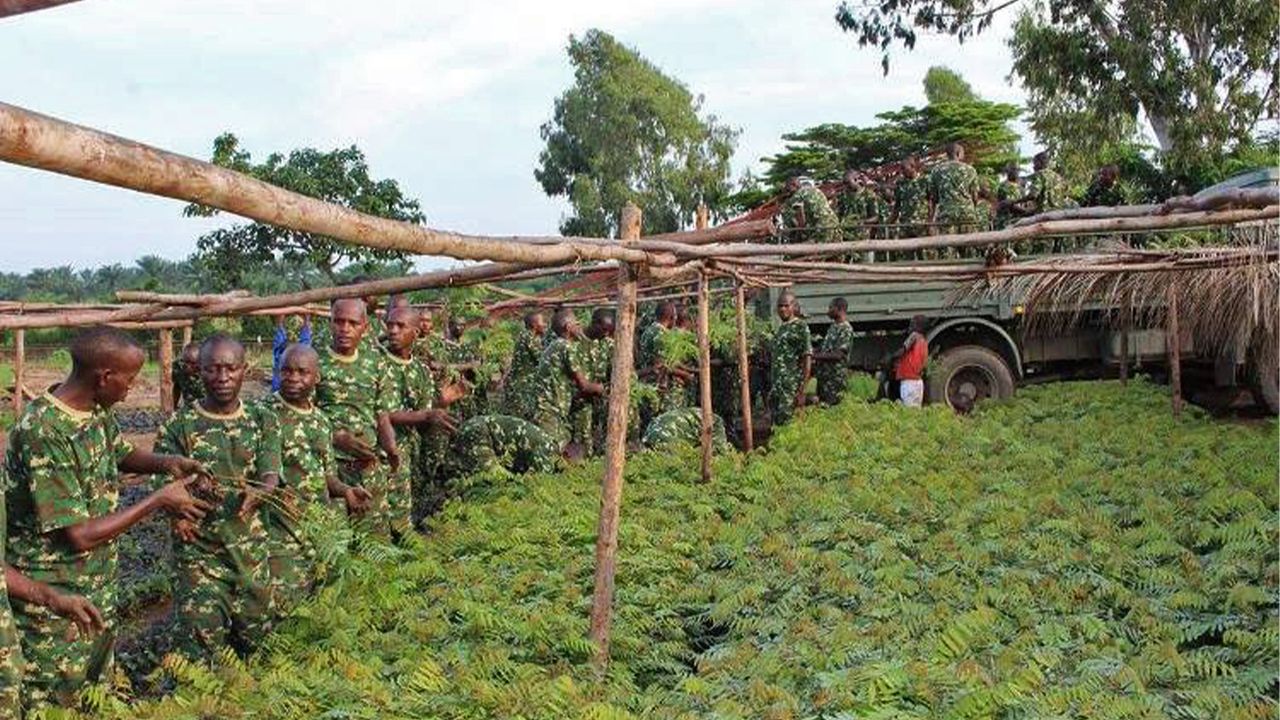
Over the past 20 years global tree cover has increased by 130.9 million hectares - an area larger than Peru. 36 countries are now gaining more trees than they’re losing, including Ireland, Poland, Denmark, the Netherlands, Bangladesh, India, and Pakistan. WRI
Over 200 kilometres of rivers and streams in northern New Mexico have the state’s highest water quality protections to safeguard waterways from anything that harms water quality, pollutes, drops heavy metals, increases temperature, or clouds water. Source NM
Indigenous tribes across America have brought bison populations back from the brink of extinction over the last decade. Today 76 tribes across 20 states manage more than 20,000 bison - an incredible achievement considering the population sat below 1,000 in the early 1900s. It's also a victory for local ecosystems, with a flourishing of native grasses, animals, and insects wherever they roam. WaPo
As we look to the future, any assistance or effort that tribes are making to restore buffalo back to their lands is going to be beneficial for everybody, because it is a climate-smart, holistic idea of the relationship with nature.
Troy Heinert, Executive Director of the InterTribal Buffalo Council
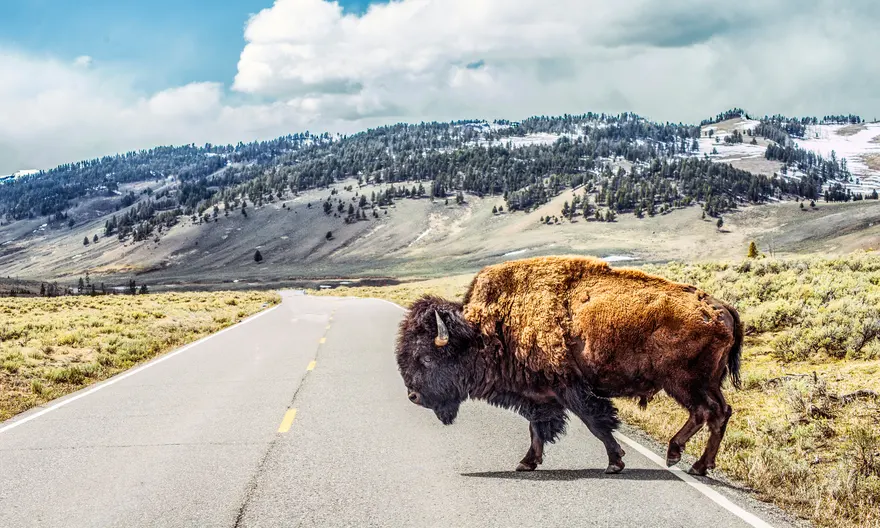
Louisiana has banned the ninth US state to ban the sale of any cosmetics tested on animals. It follows the lead of California, Nevada, Illinois, Virginia, Maryland, Maine, Hawaii, and New Jersey where similar bans are already in place. Humane Society
After a 200 year absence, the Mitchell’s hopping mouse has returned to Australia, with scientists hoping to bolster the population from 150 mice in a protected area that is cat and fox free. It’s part of a state-wide project to return the wild populations of more than 20 locally extinct species that suffered from habitat loss and feral animals. SMH
Indistinguishable from magic
Archeologists in Türkiye have unearthed the entrance to a vast, underground city that was used for over 1,900 years and could accommodate up to 70,000 people. Named Matiate, meaning 'homeland' in ancient Assyrian, it provided refuge to Christians and Jews, and contains places of worship, silos, and water wells, as well as numerous artefacts from the second and third centuries AD. WSJ
What's the latest from the JWST? Let's see. Here we have M74, ̶a̶ ̶p̶e̶r̶f̶e̶c̶t̶l̶y̶ ̶n̶o̶r̶m̶a̶l̶-̶l̶o̶o̶k̶i̶n̶g̶ ̶g̶a̶l̶a̶x̶y̶, a chthonic vortex of interstellar horror, 32 million light years away in the constellation Pisces. The purple here is ‘real’ in the sense that emissions from interstellar cigarette smoke (PAH molecules) make the blue and red filters brighter relative to the green. Inverse

Machine learning for radiology just got a whole lot better. Google has a new model for analysing chest X-rays that can be accurately trained with up to 600-fold less data than traditional deep learning approaches. They're now looking to roll it out to providers around the world, aiding in disease detection and contributing to more equitable health access.
A volunteer in New Zealand has become the first person to undergo DNA editing in order to lower their blood cholesterol - essentially, surgery conducted by a molecular machine made of RNA injected into their blood. This is a big deal. If successful, it may well be the first mass market gene editing therapy, likely to be rolled out to anyone at high risk of heart attack. MIT Tech Review
Bioengineers from Harvard have developed the first biohybrid model of human ventricles with helically aligned beating cardiac cells, using a new method of additive manufacturing that allowed them to control the alignment of spun fibers. "This work is a major step forward for organ biofabrication and brings us closer to our ultimate goal of building a human heart for transplant."
Synchron, the little Aussie biotech that could, has become the first company in the United States to implant a brain controlled interface in a human patient. Doctors in New York's Mount Sinai West implanted its non-invasive Stentrode in the motor cortex of a participant via the jugular vein, rather than via open-brain surgery. Take that Neuralink (still waiting for FDA approval). Bloomberg
And somewhere in a forgotten corner of Ohio, engineers in a giant aircraft hangar are getting ready to make all our steampunk fantasies true. BBC

Information superhighway
A journalist goes in search of one of the most extreme and baffling cases of human survival, and in the process discovers that the dream of human hibernation is still alive and well. Did you know that there's a 'hibernation-lite' state called torpor, which organisms enter to survive harsh environments devoid of energy sources, like food and water? Yep, us neither. CNET
After almost two decades, Krista Tippet and her team at On Being have broadcast their final weekly show, bringing one of our favourite things on the internet to a close. Her final guest is writer and activist adrienne marie browne, and as always it's a wonderful conversation.
Is the world really falling apart? Max Fisher has a go in the NYT, and comes up with a pretty interesting answer. The sense of chaos can be difficult to square with longer-term data showing that, on many metrics, the world is generally becoming better off. It might not feel like it, but today’s crises are both rarer and less severe than those of even the recent past.
If you're wondering what the deal is with Monkeypox, we can't think of anyone better qualified to answer than Donald G. McNeil Jr. the reporter who, more than any other, sounded the alarm about Covid, warned us about Zika, and did groundbreaking work on AIDS. Common Sense
Can't believe we get to see these two names side by side. Activist Alice Wong and science journalist Ed Yong talk about the diversity of the natural world, the incredible senses of other organisms and the limits of our understanding for how rich and diverse the natural world really is, ableism in science, the strangeness and unpredictability of sensory biology, and more. Orion
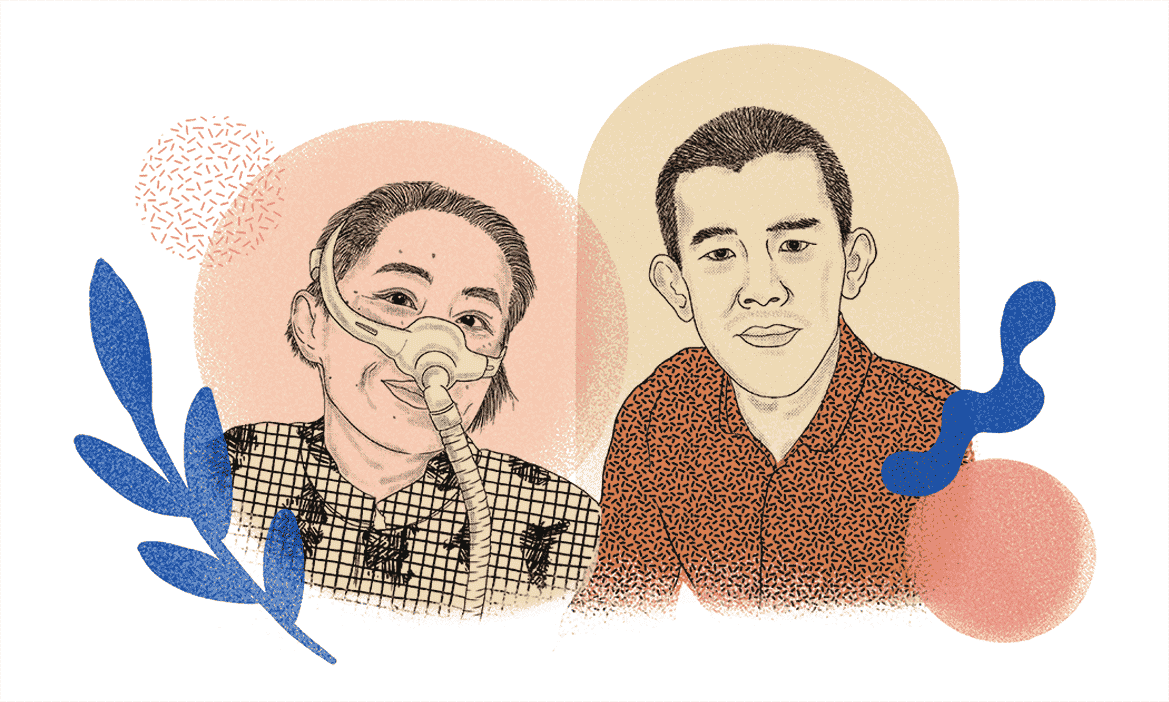
Humankind
Growing change
Meet Noran Sanford, a 55 year old social worker in North Carolina who helps trouble kids stay out of jail by engaging them to 'flip' decomissioned prisons into sustainable farms and empowering them to create a space for second chances.
Noran grew up in an abusive, working class family in one of North Carolina’s most challenged rural areas. Despite his turbulent childhood, Noran developed a strong sense of justice and his dedication to community service won him a scholarship to university. Diagnosed with PTSD himself, Noran understood people’s pain from the inside out. Early in his career he was a passionate advocate for students with disabilities and campaigned for mental health parity laws in Virginia.
After 20 years 'in the trenches' as a youth social worker, Noran became disillusioned. Although he encouraged kids to see themselves differently, without the opportunity to practice being different in the community, behavioural change was near impossible. A few years ago, at the funeral of a young patient who had returned to gang violence, Noran vowed to “never stand at a graveside asking myself if I could have done more.”
In 2011 Noran launched his program Growing Change with the radical idea of teaming up young people on probation with members of the local community to work together and transform a shuttered state prison into a sustainable farm. The pilot project was a group of kids, all under the age of 14 and on probation, who had been kicked out of home and school. Noran put these young people in charge of reclaiming a 67-acre prison compound, empowering them to practice being different and to heal their relationship with their local community.
At the end of its five-year trial, Growing Change had a 92% rate of preventing entry into the adult correctional system, a huge leap from the national average of 60%, and many of the kids went onto college, the military and other stable professions. Noran believes the act of reimagining abandoned prisons helps young people and communities flip their own metaphorical prisons and create a new narrative together.
Today, Noran’s vision extends to the 300 decommissioned prisons across America, and he’s created a free, open source, prison flip toolkit to help other communities begin the process of reclaiming closed prisons and to give youth a chance to begin again.
"Growing Change helps ignite the social entrepreneurial spirit of communities to transform these properties, and while we transform our youth, our youth transform their communities.”
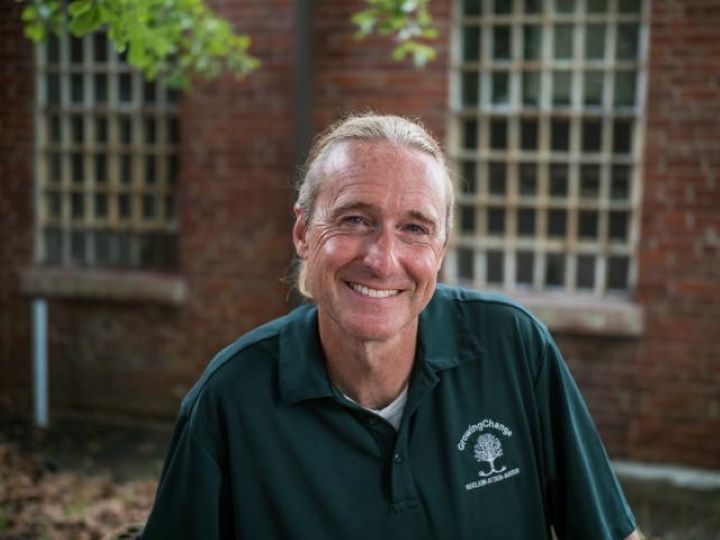
That's a wrap! Thanks so much for reading, hope you enjoyed this issue. We'll see you next week.
Much love,
Gus, Amy and the rest of the team







